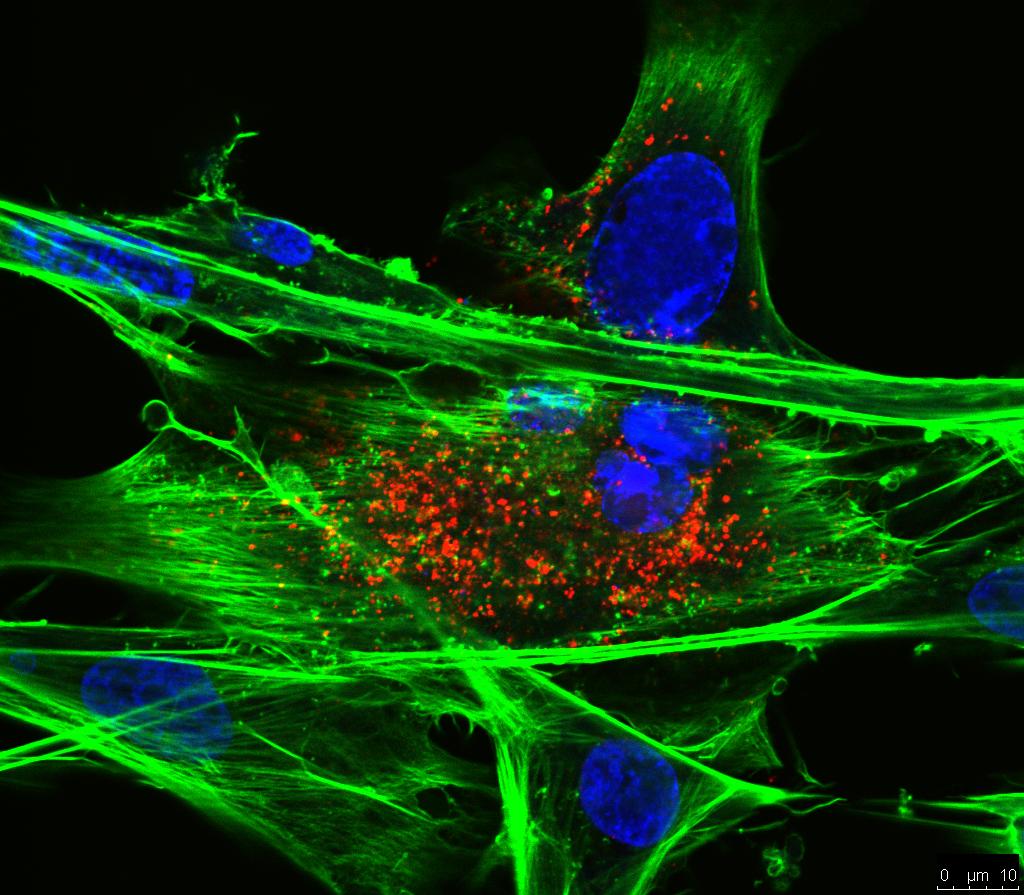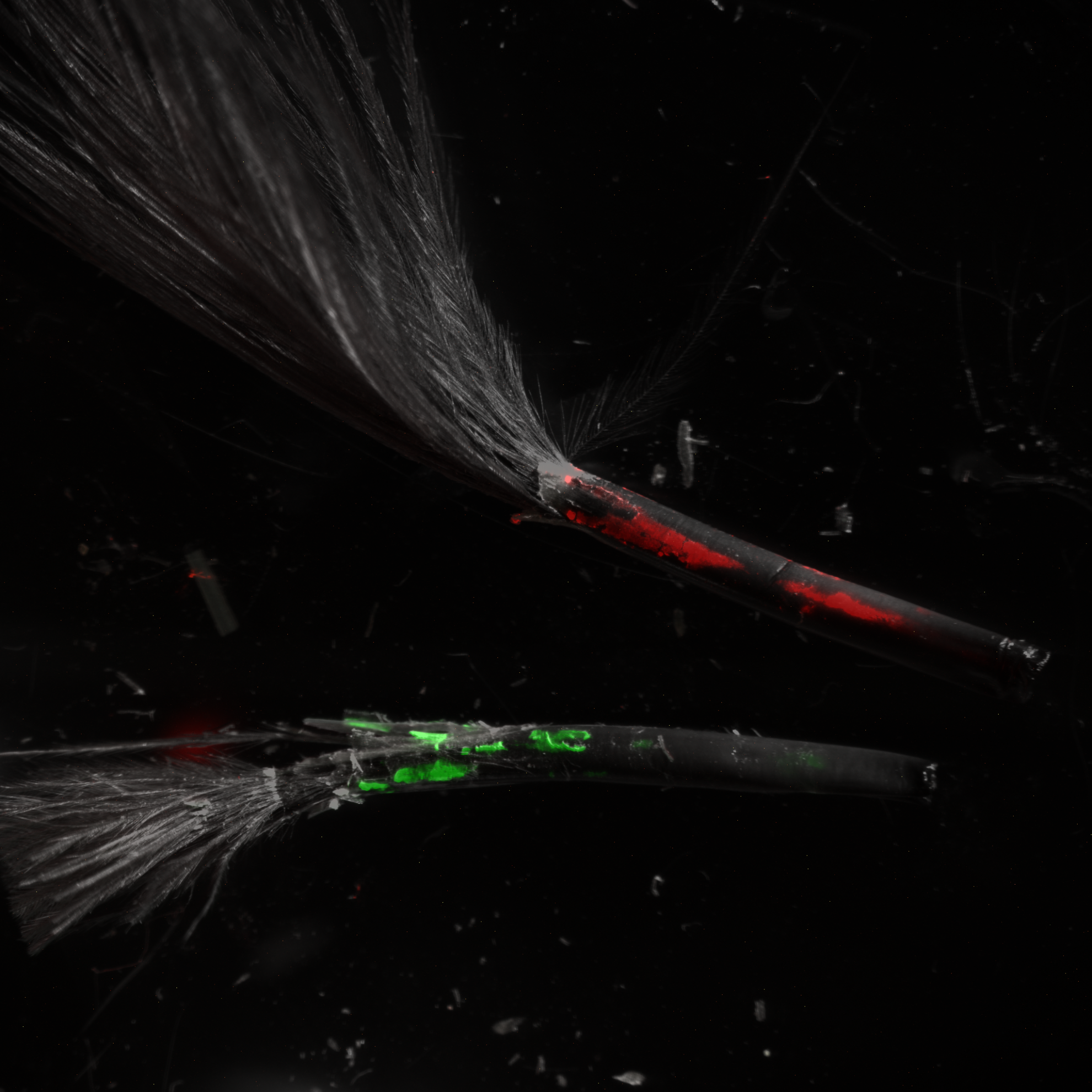Pathogenicity of a very virulent strain of Marek's disease herpesvirus cloned as infectious bacterial artificial chromosomes
Bacterial artificial chromosome (BAC) vectors containing the full-length genomes of several herpesviruses have been used widely as tools to enable functional studies of viral genes. Marek's disease viruses (MDVs) are highly oncogenic alphaherpesviruses that induce rapid-onset T-cell lymphomas in chickens. Oncogenic strains of MDV reconstituted from BAC clones have been used to examine the role of viral genes in inducing tumours. Past studies have demonstrated continuous increase in virulence of MDV strains. We have previously reported on the UK isolate C12/130 that showed increased virulence features including lymphoid organ atrophy and enhanced tropism for the central nervous system. Here we report the construction of the BAC clones (pC12/130) of this strain. Chickens were infected with viruses reconstituted from the pC12/130 clones along with the wild-type virus for the comparison of the pathogenic properties. Our studies show that BAC-derived viruses induced disease similar to the wild-type virus, though there were differences in the levels of pathogenicity between individual viruses. Generation of BAC clones that differ in the potential to induce cytolytic disease provide the opportunity to identify the molecular determinants of increased virulence by direct sequence analysis as well as by using reverse genetics approaches on the infectious BAC clones.
Back to publications

